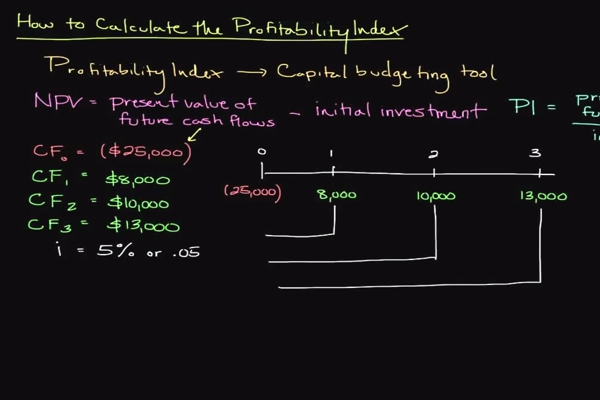Managing finances effectively is crucial for general contractors to ensure business success and long-term stability. Construction accounting requires careful attention to detail, as the industry’s unique nature demands accurate The Importance of Construction Bookkeeping For Streamlining Business Operations tracking of expenses, cash flow, and taxes. Managing payroll for various workers and subcontractors is crucial in construction.
Finding a Construction Bookkeeping Solution
As Peter Drucker once said, “What gets measured gets managed.” In the construction world, this principle couldn’t be more relevant—especially when it comes to your finances. In the other states, the program is sponsored by Community Federal Savings Bank, to which we’re a service provider. With Taxfyle, your firm can access licensed CPAs and EAs who can prepare and review tax returns for your clients. Knowing the right forms and documents to claim each credit and deduction is daunting. Taxes are incredibly complex, so we may not have been able to answer your question in the article. Get $30 off a tax consultation with a licensed CPA or EA, and we’ll be sure to provide you with a robust, bespoke answer to whatever tax problems you may have.
How To Create A Landscaping Business Plan
At its core, bookkeeping is about recording financial data, while accounting is about interpreting financial data. Unfortunately, lots of construction-specific accounting products are quote-based. That means you should plan time, if possible, to chat with multiple companies to receive and compare quotes.
Streamline Invoice Processing:
Even if you aren’t planning on growing any time soon, you need to have a sense of how much money is coming in versus what is going out. On top of that, you need the data used in bookkeeping to file your taxes accurately. For example, when money comes from a sale, it will credit the sales revenue account. Making sure transactions are properly assigned to accounts gives you the best view of your business and helps you extract the most helpful reports from your bookkeeping software. When doing the bookkeeping, you’ll generally follow the following four steps to make sure that the books are up to date and accurate. Remember that each transaction is assigned to a specific account that is later posted to the general ledger.
- Lastly, as Hubstaff records workers’ arrival and departure times, there is no need for them to note down this information manually.
- This helps you monitor project costs, manage your budget effectively, and ensure you have the right information for tax reporting.
- The decentralized nature of the industry makes bookkeeping for contractors unique; no two projects are the same.
- Topic 606 is an accounting standard update (ASU) that requires public companies to disclose information related to their revenue recognition practices.
- Debits and credits should always equal each other so that the books are in balance.
- Since the information gathered in bookkeeping is used by accountants and business owners, it is the basis of all the financial statements generated.
When this is done in the accounting software, the invoice is created, and a journal entry is made, debiting the cash or accounts receivable account while crediting the sales account. These features include invoicing, customizable reporting and job costing, as well as direct integrations with industry-specific software such as Buildertrend and Housecall Pro. However, you’ll have to integrate with QuickBooks Time, a separate product that comes with its own costs, to track employees’ hours. With the PCM, construction companies can more accurately match their revenue and expenses to the same accounting period, improving their overall financial reporting. When choosing a construction accounting software platform, there are three areas of consideration that you should consider.
- Cash flow management is vital in the construction industry, especially as you take on larger projects or multiple jobs.
- It aligns with the project completion ratio and most lenders or guarantors require this.
- The Complete plan starts off at $799 for the first month, then goes up to $1,099 per month after that.
- Consider using one of the best bookkeeping services to make managing your books a breeze.
- This method is beneficial for ongoing projects that require tracking individual stages of work.
Tip 6: Choose the right revenue recognition method
Also, construction company owners need to be mindful about tracking their costs. https://blackstarnews.com/detailed-guide-for-the-importance-of-construction-bookkeeping-for-streamlining-business-operations/ So regardless of whether you’re dealing with direct costs or indirect costs, you need to be on it with cost tracking in your virtual bookkeeping. Most construction workers are paid hourly, so labor costs represent the cost of the hours worked by a particular crew.
- Foundation strives to serve construction companies of all sizes, ranging from small businesses to large enterprises.
- Simply put, job costing is a method of calculating the true cost of a construction project by breaking it down into small, specific tasks.
- This may be relevant for larger companies that have multiple projects that they manage simultaneously and need to create comprehensive reports and cash flow data for stakeholders.
- We help businesses both large and small implement proven growth strategies so you can turn our small business consulting services into revenue successes.
- Any of these can have long-term ramifications for a construction company.










